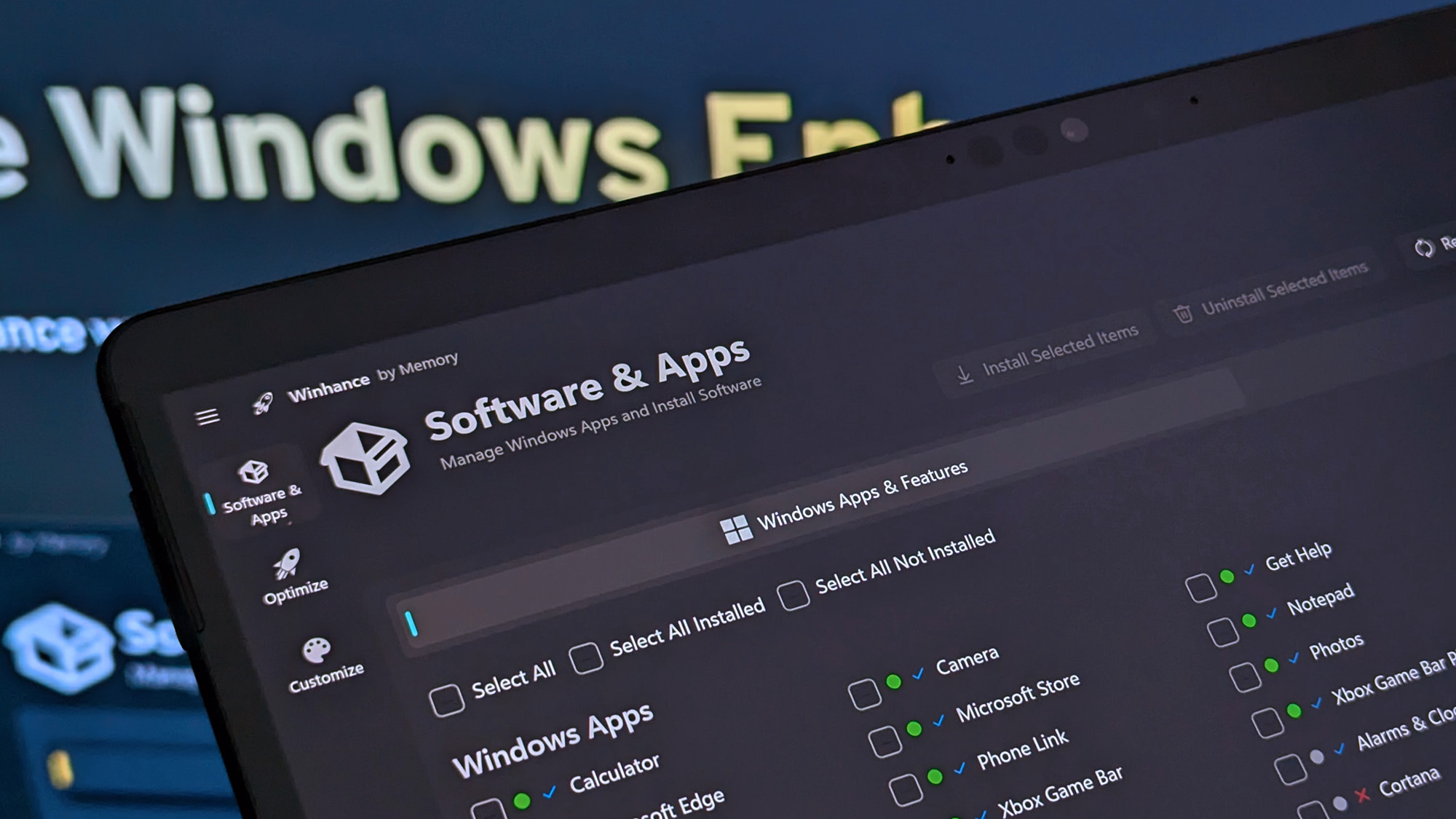Snapdragon 855 is Qualcomm's next flagship mobile platform built for 5G
Here's a new processor for you to lust after.

All the latest news, reviews, and guides for Windows and Xbox diehards.
You are now subscribed
Your newsletter sign-up was successful

It's official: the latest and greatest mobile platform from Qualcomm to lust after is the Snapdragon 855. The name and initial details were unveiled during the company's annual "Tech Summit" in Hawaii, where it's taking a full week to unveil its upcoming plans for mobile computing and networks.
Qualcomm is, of course, talking up the Snapdragon 855's 5G capabilities as we get ready to head into the new frontier of the latest and greatest wireless networks. The 855 is the first commercially-available mobile processor that supports multi-gigabit 5G connectivity, hopefully easing our transition into 5G networks without the need for a complicated or inefficient secondary modem.
Consumer-ready 5G networks have yet to be deployed in earnest in the U.S., but Qualcomm is getting ahead of the curve by announcing its latest processor and modem so that it can be integrated into upcoming smartphones as the first networks go live. It's also working hand-in-hand with network partners for their 5G deployments, so that we hopefully don't have to wait so long for the next-generation networks.
The forthcoming 855 has a whole host of other improvements over the current Snapdragon 845, including dedicated AI processing and XR (extended reality) processing for the future of mobile device capabilities. It also has an all-new computer vision ISP (image signal processor) for new computational photography processing and video capture improvements. Qualcomm quoted a 3X performance improvement over the last-generation 845, and up to a 2X improvement over competitors' 7nm processors.
What hasn't yet been revealed is how the overall CPU and GPU performance has increased, how much more efficient it is than the previous generation, and how all of these changes will manifest themselves in real-world use-cases.
Qualcomm plans to unveil more details about the Snapdragon 855 at its Tech Summit conference, which is ongoing this week. That's when we'll start to unpack all of the improvements.
All the latest news, reviews, and guides for Windows and Xbox diehards.

Andrew is a Former Contributor for Windows Central.

